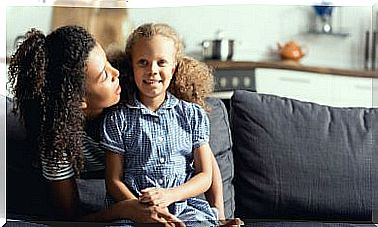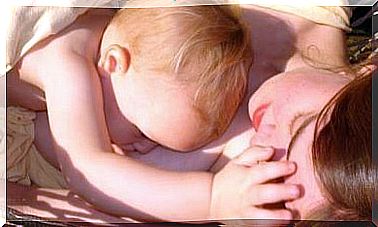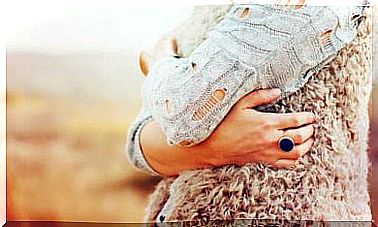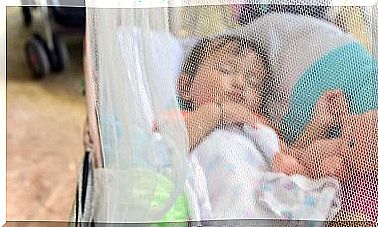How Do Siblings Influence Children’s Sociability?
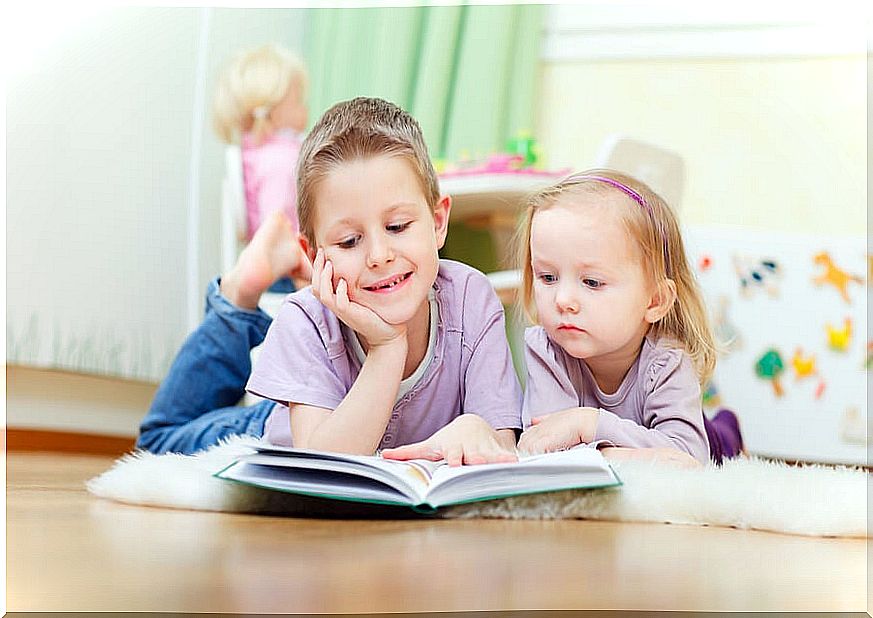
The ‘bad reputation’ of being the only child has led many parents to seek filial reproduction as long as the eldest does not fall into the stigma. And it is that many times they are considered capricious, self-centered or spoiled.
It is evident that this does not have to be the case and it will depend on the education given by the parents, but how does having more siblings influence the degree of sociability of the children? Despite the clichés about siblings and only children, customs and family models change, destroying prejudices.
Does having more siblings affect the degree of sociability?
The environment in which a child develops, especially in the early years of life, has a vital influence on the definition of personality. A healthy environment and nurturing based on love and care are the most important needs.

The child’s empathy, confidence, intellectual abilities and, in general, social skills, largely depend on what happens in their first 12 or 24 months. In addition, of course, to the support and closeness they receive from their parents.
Parenthood has been delayed
Today’s families, in their wide diversity, are not governed too much by old-fashioned moralisms. On the contrary, couples often prefer to prioritize work and career, youth or travel before taking the huge step of parenthood.
In practice, the enjoyment of the couple without children supposes a delay in the formation of the family. When both spouses reach a certain age they want nothing more than to dedicate themselves to raising a single son or daughter well. For those who come to a home with siblings and for those who receive them after a long time has passed, there are the same difficulties in facing the social world.
In their social relationships, the only child tends to have a greater predisposition to make friends with the world, forced by the lack of siblings. On the contrary, households where several are raised tend to favor situations of endogamous socialization among the little ones.
More siblings, fewer siblings, no siblings
The presence of siblings presents beautiful advantages and difficult challenges for children. For the only child there are also challenges and, of course, advantages. To the question of whether having more siblings influences the degree of socialization of children, the answer is that not necessarily.

However, a child with siblings will have playmates at all times and will receive less pressure, since the expectations of their parents regarding them will be divided. At least during childhood, brothers and sisters brighten up the days.
The only child will fight in silence against loneliness. If you’re lucky, your parents won’t make up for the lack of siblings with more and more toys. They will give you love and quality care, so your social, academic and work performance can even far exceed those that should have been shared with parents.
Offering the child a healthy development, a warm, harmonious and balanced environment is the best recipe for them to carry out relationships of the same quality. With or without siblings, each child is unique and deserves to be raised in a special way.
In conclusion, the only thing that prevents a good degree of socialization in children with or without siblings is the example they get from their environment. In turn, a child who has his basic demands satisfied – whether or not he has siblings – will be happy and will be able to communicate healthily with his friends, as well as with other generations.

